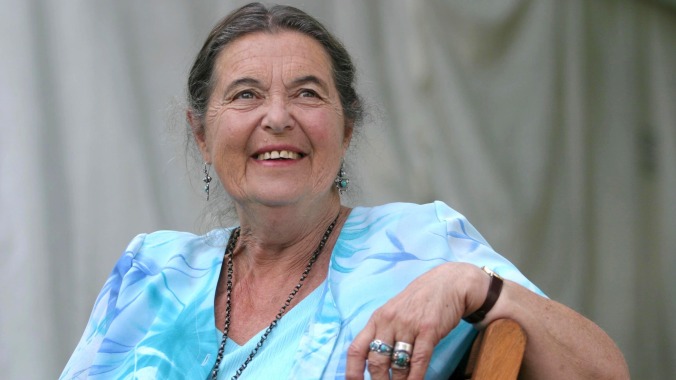R.I.P. Lynne Reid Banks, author of The Indian In The Cupboard
Banks' best known work has received both awards and criticism for its story of a young boy who brings an 18th century Native American to life

Lynne Reid Banks has died. A prolific author of books for both children and adults, Banks was best known as the writer of The Indian In The Cupboard and its various sequels—which, despite coming under increased scrutiny for their attitudes toward race and gender over the years, have been a long-time mainstay of children’s fiction ever since the first book was published back in 1980. Banks published dozens of novels for both young and adult readers across her long career, having first gained prominence with her 1960 adult novel The L-Shaped Room, about a young woman who finds herself single and pregnant in 1950s London. In her later years, Banks acknowledged many of the issues with her earlier writing—while also reveling at times at the ways old age allowed her to be “eccentric, self-indulgent — even offensive.” Per The New York Times, her death from cancer this week was confirmed by her literary agent. Banks was 94.
